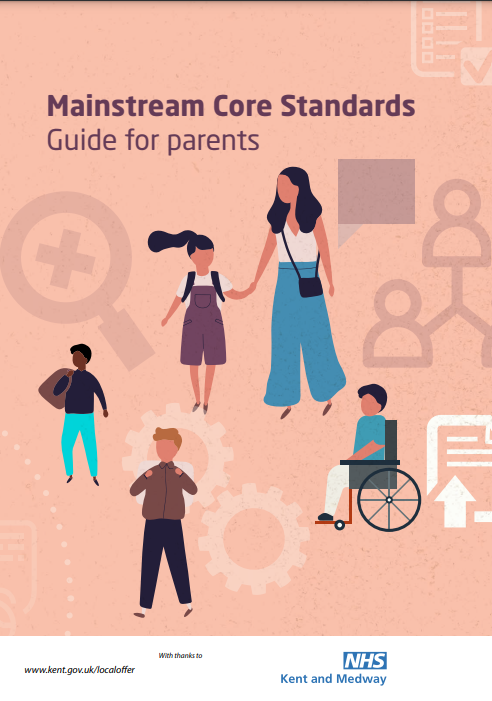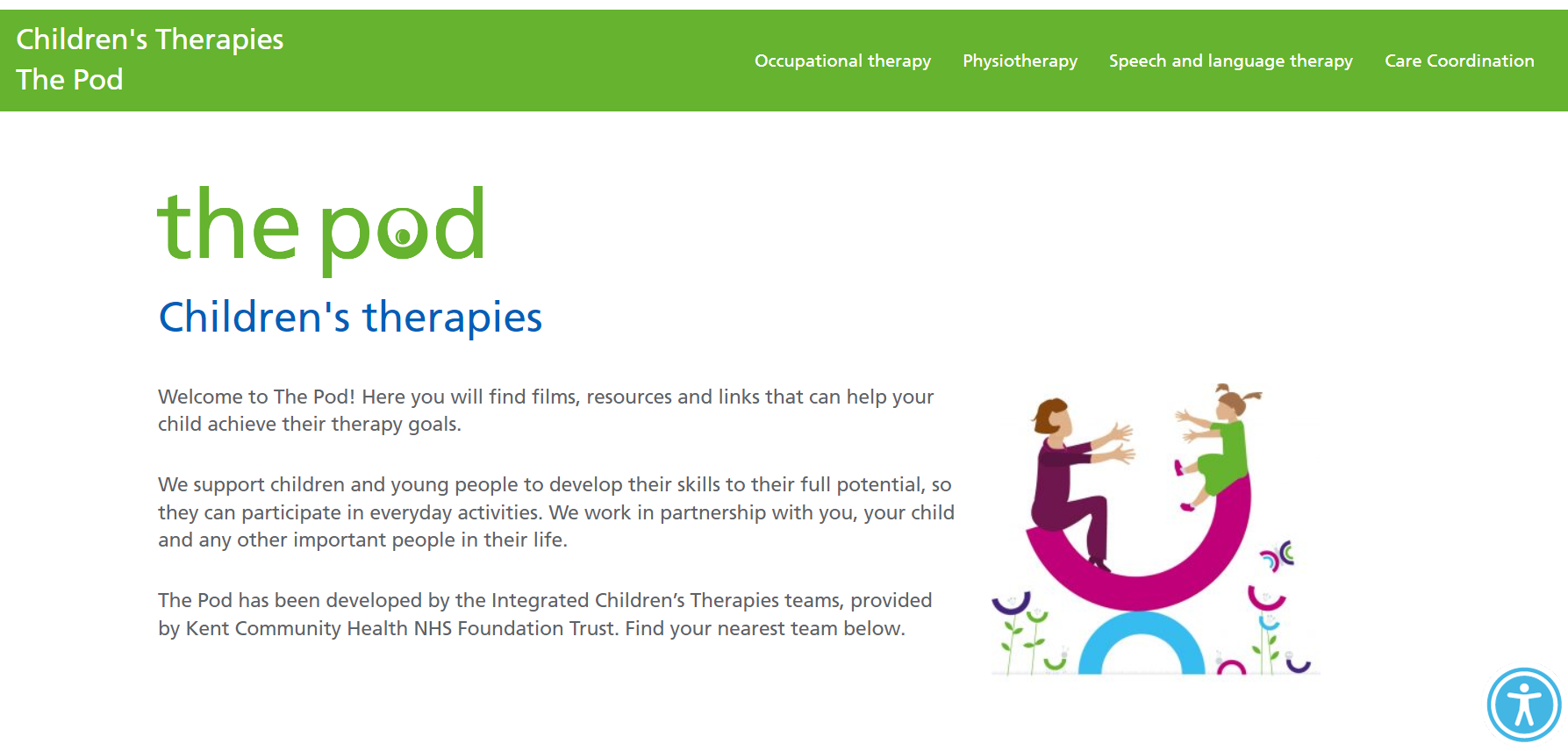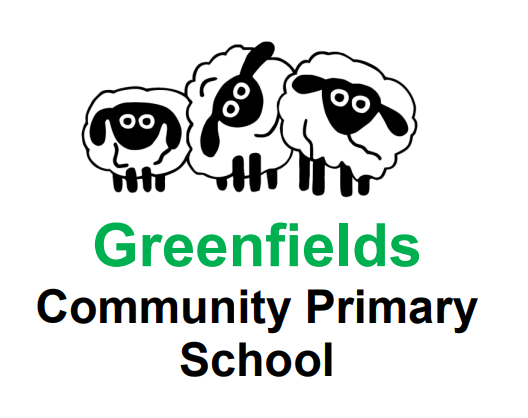SEND
What is SEND?
At Greenfields we identify a child as having Special Educational needs or a disability if they;
Have a significantly greater difficulty in learning than the majority of children of the same age,
Or
Have a disability which prevents or hinders them from making use of educational facilities of a kind generally provided for children of the same age in mainstream schools.
(SEND Code of Practice January 2015)
We put a lot of time and effort into ensuring that needs are identified accurately. If a child is not yet meeting their age related expectations, this does not mean an SEN is definitely present. The process of needs identification involves teachers and senior leaders reviewing evidence from children's learning, assessments and information from parents, along with the views of the child. We may also ask advice from our independent therapists and professionals networks such as LiFT (Local Inclusion Forum Team).
Who is involved in this work?
All teachers and members of the teaching team are involved in supporting the progress and provision of the children in our school. We always encourage you to make contact with your child's teacher to ask any questions and discuss any concerns you may have. If you have a question regarding support you are receiving from other professionals, please contact our SENCO via email at senco@greenfieldscps.kent.sch.uk or through the school office.
How do we target our work?

High quality teaching and differentiated resources for individual pupils is the first step in responding to pupils who have or may have SEN. The Mainstream Core Standards are a set of guidelines that we use to help us develop and maintain our SEN practice at Greenfields.
They reflect the 4 broad areas of need; Communication and Interaction; Cognition and Learning; Social, Emotional and Mental health difficulties; and Sensory and/or Physical needs.
You can read more about these by opening the following document:
Universal provision, Targeted support, Personalised and Intensive support
What is the difference?
Universal - At Greenfields our talented and hardworking teachers put into practice a wide range of strategies and resources that are available to all children. These include the way language is used, how visual resources are presented, how examples of work or ideas are provided and how the learning process is structured through the Learning Journey and Learning Experience. All of these actions mean that the vast majority of Special Educational needs are met through Quality First teaching in the classroom, allowing most children with SEN to be successful in their learning. Please discuss with your children what resources they find useful in their classrooms to find out more.
Targeted Provision - There may be additional support provided to a child, individually or within a small group intervention, that identifies and targets specific areas of development. This is often related to Speech or Language difficulties that can be overcome with regular, high quality interaction with one of our teaching team. However, they may also include a Sensory Circuits programme, a block of Therapy or the use of a particular shared social activity, depending on the targeted outcomes for the child.
These interventions are designed to be intensive and effective over a short period of 6-8 weeks and are reviewed regularly by the Inclusion team and Teachers to ensure they are having the required impact. After review, these interventions may no longer be necessary or will be adapted in some way. Please discuss with your children what resources they find useful in their classrooms to find out more. Learning conferences are also a great opportunity to find out more about this with your child and their teacher.
Personalised Provision - If a child's needs have been identified by school and other professionals as having a significant impact on their learning and wellbeing, then a Personalised Plan for their provision is created. These plans consist of outcomes, within the 4 Mainstream Core Standards, which are regularly reviewed with the children, families and teachers and specific interventions that are dedicated to helping the child meet their outcomes.
Initially these plans may be written and reviewed by Teachers and the school SENCo. However, if a child is being supported by other professionals or agencies, they will also be asked to input into the production and review of outcomes. If, after significant support within school and the Local Authority Statutory assessment process, a child is provided with an Education and Health Care Plan (EHCP), then a new Personalised Plan is created to meet their aims and needs.
Personalised plans provide details about strategies and resources that will best support the child, as well as any specific interventions that will be needed. They also contain the short term targets for the interventions and evaluations of these. Plans are shared and reviewed with parents at least 3 times during the academic year.
What is the SEND register?
Any child may be placed on the SEND register when it is confirmed that they are in receipt of significant, additional and personalised support without which they could not access learning. This register is reviewed and updated throughout the academic year, according to the latest information we hold on each child and the reviews that are conducted with teachers, children and parents each term.
A child may be put on and then taken off the SEN register at any point during their time in primary school, depending on their progress and level of need. Parents are informed if their child is placed on or removed from the register as part of review meetings or by letter if appropriate.
Each class teacher has access to the register to ensure they hold up-to-date information about each child in their class. It is also recorded on Arbor, our information management system, if a child is on the register and when they were placed on it.
Are you a Nursery parent claiming Disability Living Allowance?
-
If the answer is Yes, please follow this link to find out more about how we can claim funding to support your child in Nursery DAF - Disability Access Fund
Where can I find more information about the Local offer in Kent?
There is a full set of information pages related to SEND within primary schools and the Local Offer for Kent schools to be found at https://www.kelsi.org.uk/special-education-needs/special-educational-needs
Here you can learn more about the Mainstream Core Standards, SEN Support, Statutory Assessment requests and Education Health Care Plans as well as other aspects of specialist provision in Kent. The links below also connect you with a range of information and support services in Kent.
 Community Paediatric service A really useful website for ALL parents who have concerns or would like more information.
Community Paediatric service A really useful website for ALL parents who have concerns or would like more information.-
The POD Welcome to The Pod! Here you will find films, resources and links that can help your child achieve their therapy goals.
Below is a copy of the SEN code of practice, created by the Department for Education, which underpins all of our work for SEND in primary schools. There is also a link to our SEND policy and the most recent SEND report to Governors and Parents.

